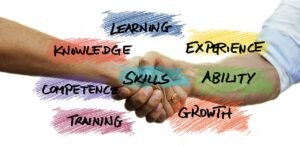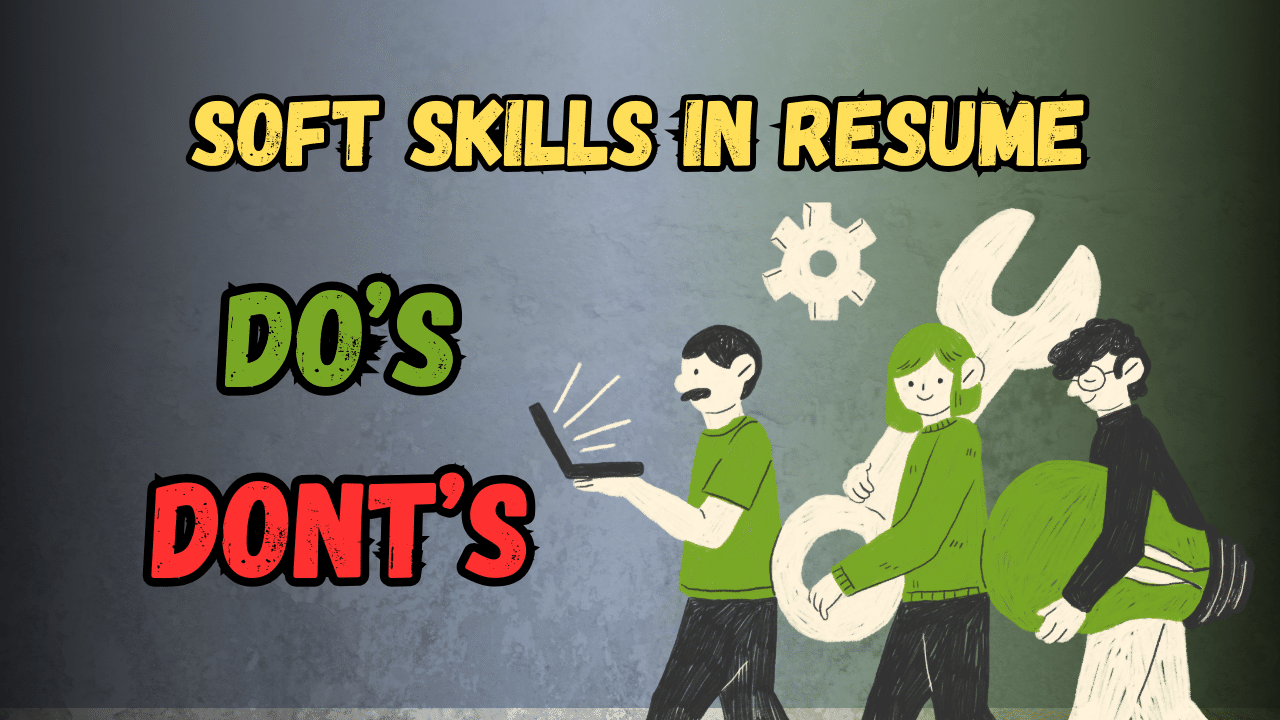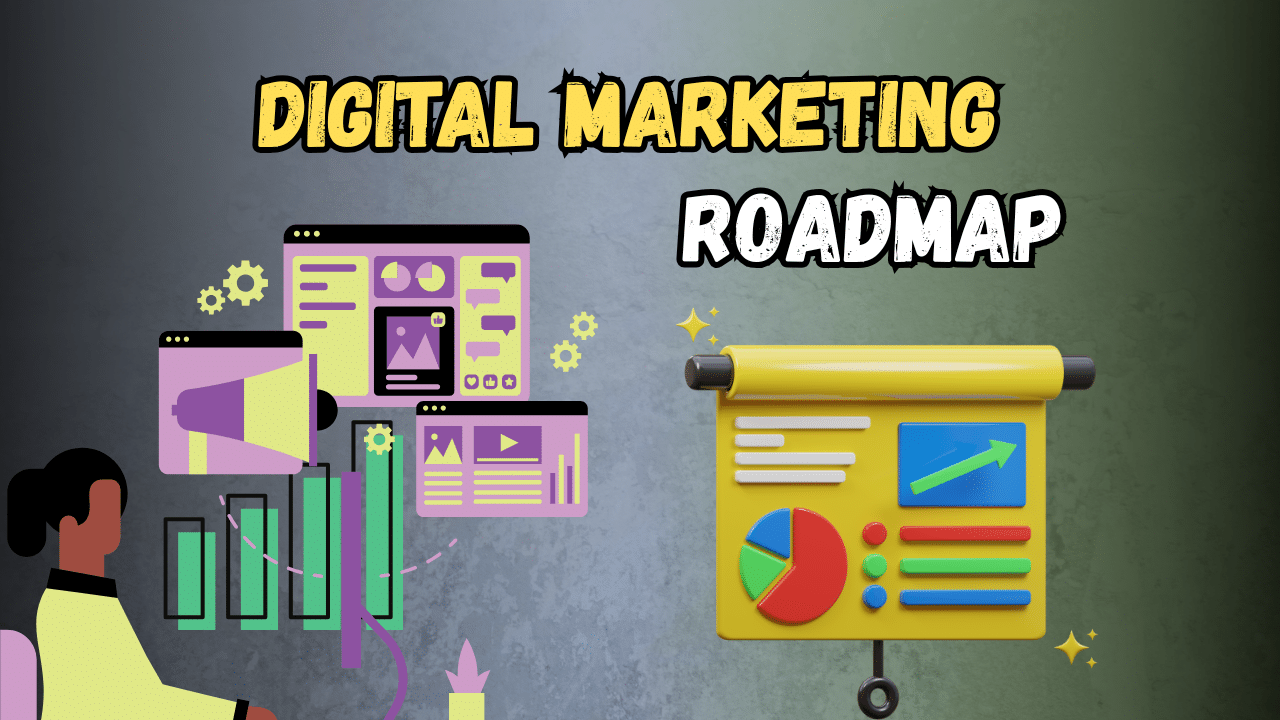Update Soft Skills in Resume
Introduction: The Growing Significance of Soft Skills
In today’s competitive employment market, having the right degree or technical knowledge is no longer enough. Getting your dream career requires more. Employers now look for candidates who have the right mix of hard and soft skills. Hard skills are abilities or skill sets that are easy to measure, teachable and quantifiable. Soft skills on the other hand are personal traits that determine how well an individual performs or gets along with others. These include communication, teamwork, problem-solving, flexibility and emotional intelligence.

Soft skills are essential as they represent your attitude, work habits, and character. They determine how you interact with teammates, solve conflicts, prioritize time, and lead. With increased remote work and global teams, the employer is looking for someone who can work without supervision and communicate effectively. In a time when machines can perform technical work, it is your people skills that render you indispensable.
Adding soft skills to your resume isn’t a fad—neither is it optional. Applicant tracking systems or ATS are now used by hiring managers to review resumes. You have a better chance of passing the ATS and grabbing the recruiter’s attention if you strategically use keywords to highlight your soft skills. This article will explain the importance of soft skills, which companies value most, how to properly highlight them on your resume, and what not to include. Additionally, you will learn how to use soft skills to set yourself apart from the competitors, particularly in highly competitive industries.
Section 1: Favorite Soft Skills of Employers (With Examples)
Knowing which soft skills are most in demand helps make your resume stand out. Gentle skills not only make you more attractive to hiring managers but also tell a manager how well you are going to fit into an organization’s culture. Below are the most desirable soft skills by employers from various industries:
1. Communication Skills
- Both written and verbal communication are crucial.
- Employers prefer team members who are able to present ideas and directions clearly.
Example: “Successfully communicated project needs to cross-functional teams, leading to a 20% increase in on-time delivery.”
2. Collaboration and Collaboration
- Employers are interested in your ability to collaborate with others.
- Team players create productive work settings.
Example: I collaborated with a diverse group of developers and designers to create a successful mobile application.
3. Adaptability and Flexibility
- The ability to quickly adapt to new circumstances, groups, or resources is highly regarded.
- Adaptable people perform effectively in fast-paced or uncertain environments.
Example: Quickly adjusted to working remotely while retaining 100% productivity.
4. Resolving Problems
- Being solution-focused makes you stand out.
- Any team can benefit from innovative and successful ways to problem-solving.
For example, effective customer issue resolution and a 40% reduction in escalation.
5. Leadership and Accountability
- Even non-managers can demonstrate leadership by being accountable and taking initiative.
- Leadership is not about managing individuals it’s about influencing positive change and motivating others.”.
Example: “Led a volunteer committee to organize a company wellness week.”
6. Emotional Intelligence
- Self-awareness, empathy, and interpersonal skills assist in team management and customer relations.
- Emotional intelligence assists in conflict resolution and team cohesion.
Example: “Diffused challenging client negotiations with professionalism and empathy, resulting in a renewed contract.”
7. Time Management
- Prioritizing tasks and delivering on-time is essential.
- Time management is indicative of discipline and responsibility.
Example: Managed several projects concurrently and met all deadlines in a six-month period.
8. Innovation and Creativity
- Organizations may maintain their competitiveness by thinking creatively.
- For instance, in just three months, a fresh content approach increased website traffic by 50%.
- Adding these skills, particularly when supported by measurable results, brings tremendous value to your resume and you become an excellent candidate.
Section 2: How to Highlight Soft Skills in Your Resume
It’s not merely a matter of putting soft skills under an umbrella skills section—you need to prove them through your job experience, accomplishments, and cover letter. The appropriate method can make a great difference in a hiring manager’s opinion about your suitability for the position.
1. Make Use of the Job Description as a Guide
- Each job advertisement provides indications on what soft skills are required.
- Matching your resume to the language of the employer demonstrates you’re a fit.
For example, if a position requires “outstanding people skills,” specify how you resolved conflicts or conducted team meetings successfully.
2. Highlight Soft Skills in the Resume Summary
A good resume summary can instantly pinpoint your leading soft skills.
Example: “Detail-oriented and team-oriented project manager with 5+ years’ experience working in high-paced agile environments.”
Write your summary focusing and engaging for the position you’re trying to obtain.
3. Bake Soft Skills Into Your Experience Descriptions
Instead of declaring what you do, explain how you applied soft skills to produce results.
Example: “Worked with several departments to enhance workflow, enhancing efficiency by 25%.”
4. Customize Soft Skills to the Position
- A marketing resume may highlight creativity and communication, while an IT resume may highlight problem-solving skills and attention to detail.
- The secret to making an impression that lasts is personalization.
5. Make Use of Quantities and Action Verbs
- Dynamic action verbs like led, cooperated, negotiated, etc., should come first in each bullet point. If appropriate, follow up with quantifiable outcomes.
Example: The business was able to save $10,000 a year by negotiating vendor agreements.
6. Employ a Side Bar or Skills Matrix
- Add a visually appealing sidebar of soft talents with competency levels to resumes that focus on design. This can enhance structure and readability.
- This is effective because it will help recruiters see the practical application of your soft skills and make you a viable candidate. The trick is to demonstrate—not explain—how your soft skills have positively impacted.
Section 3: Avoiding Blunders in Including Soft Skills
Though these are important, most candidates unwittingly undermine the effectiveness of soft skills in their resume. The following are mistakes and how to rectify them:
1. Barely Listing Soft Skills
- Don’t put down “team player” or “good communicator” without showing how you utilized them in actual circumstances.
- Recruiters want results, not buzzwords.
2. Being Too Vague
Steer clear of overused terms such as “go-getter” or “hard worker.” Employ concrete, result-oriented examples.
Example: “Directed a team of five to finish a project two weeks ahead of schedule.”
3. Overloading the Resume with Buzzwords
- While keywords are significant, too many can give your resume an artificial and unscannable appearance.
- Tilt technical terminology with common language.
4. Not Tailoring to the Job Description
- Every job can have a need for distinct soft skills. Not adapting your resume to this need can disqualify you for an interview.
- Find out about the company culture and show it indirectly in your resume tone.
5. Omitting the Cover Letter
- Your cover letter is a great place to elaborate on the soft skills listed in your resume. Don’t miss this chance.
- Use examples and narratives that illustrate your soft skills in use.
6. Neglecting Online Profiles
- Ensure that your LinkedIn page enhances your resume and also showcases soft skills via endorsements and recommendations.
- By keeping these errors in mind, you make sure that your resume is effective, professional, and reader-friendly. It also ensures that your application is competitive in a full job market.
Conclusion: Soft Skills Are Your Hidden Superpower
Soft skills tend to be the tie-breaker between two equally qualified individuals. With automation and AI redefining job responsibilities, such distinctively human qualities as empathy, creativity, and flexibility become more essential. Your resume is not only supposed to demonstrate what you can do but also how you work and interact with others.
Employers need to know you’re more than a list of qualifications. Employers need you to be able to think critically, lead responsibly, and communicate effectively. This is where soft skills fit in. In such sectors as healthcare, customer service, IT and marketing, it is usually the soft skills that can influence long-term success and growth prospects.
By finding the appropriate soft skills, supporting them with great examples, and framing them for each position, you can significantly boost your opportunity of getting interviews. Never forget, a brilliant resume is never a one-size-fits-all piece of paper. It’s an individual marketing device, and soft skills are the selling features that render you unforgettable.
Additionally, remember to keep evolving your soft skills. Take online courses, seek feedback, and work on areas where improvement is needed. Self-awareness and growth mindset are soft skills too, and they’re highly valued. Invest the time to showcase your soft skills properly your next job offer could depend on it.
If this guide has been of use to you, pass it along to friends or bookmark it for your future job search. For additional resume advice, career guidance, and job-winning secrets, continue to follow our site.
Don’t forget to include linkedin profile in resume







